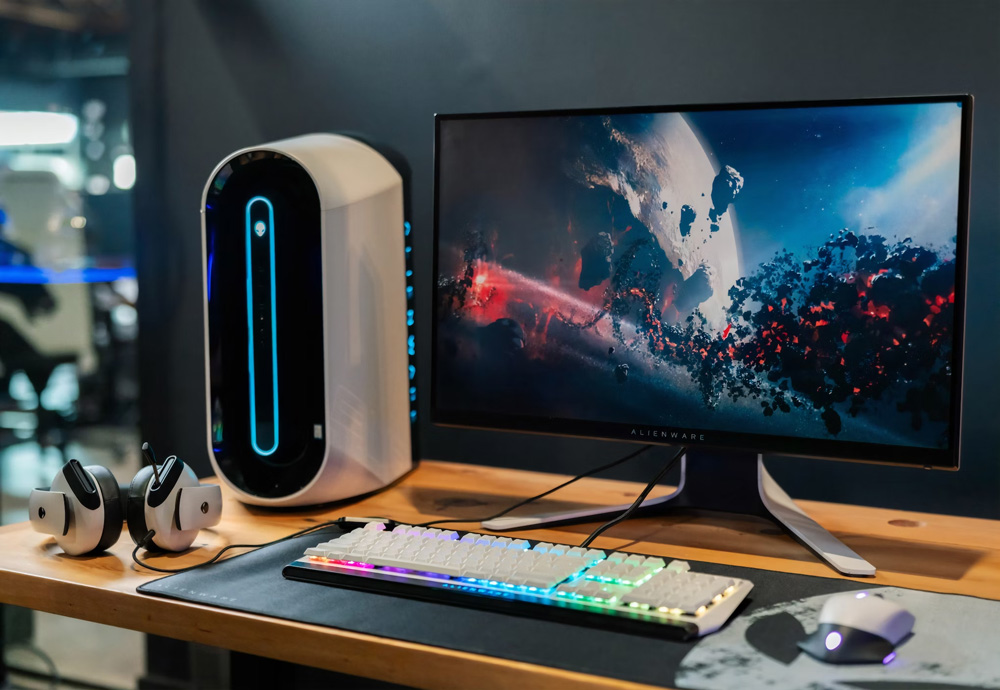3 minute read
Does your PC sound like it’s about to combust and burst into flames? It happens more often than you think and is normally down to overheating. The components inside your PC are working too hard and get too hot, yet there’s nowhere for this heat to go. As a result, the system overheats and there’s a genuine risk of electrical fires.
Nobody wants this to happen – especially when you’ve spent a lot of money on your new PC. Overheating is highly preventable; just follow these words of guidance:
Install case fans
All PCs come with power units that have built-in fans. These fans are at the back of your PC and will help cool it down by blowing away hot air. However, if you use your PC a lot or it’s highly specced out, you’ll need some extra cooling power.
Purchase some case fans and install them for added ventilation. You can actually buy complete PCs with extra case fans, which will save you lots of hassle in the future. Or, you can buy an entire new case – but that requires more work.
We’ve linked a video below that shows you how to install a case fan in your PC, so give it a watch if you need to:
Check the power supply
Again, most PC builds will come with a dedicated power supply. It’s important to use this particular power supply unit as it is made for the PC. This means it generates power at the right amount of watts for your unit to handle. Issues often come when you use a more powerful PSU and it puts too much power into your PC, causing overheating issues.
Make sure you have the right PSU for your PC but also pay attention to the electrical outlets. If you’ve recently moved homes and getting overheating issues when your PC is plugged into one specific outlet, there could be a problem. The previous owner may have tampered with it and it’s now generating more voltage than normal. You won’t need to rewire your house entirely, but a small rewiring job for this outlet could help.
Give your PC room to breathe
Have you got one of those desks with a little enclosed compartment for your PC? Oh, you do? Don’t use it!
Never keep your PC in an enclosed environment as it traps all the heat in one place and causes serious overheating issues. Instead, give your PC room to breathe and keep it out in the open. Ideally, it should be elevated above the floor. The best place to keep it is on your desk or on a separate station next to your desk.
To sum things up: install a few extra fans, check the power supply unit, and keep your PC in an open place where it can breathe. This will prevent overheating issues, as long as you take good care of your computer. Turn it off when you’re not using it and try to avoid pushing it too hard!





